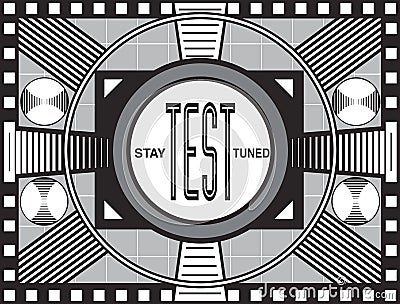Things don't always make sense. Perhaps they're not meant to.
People
come in and out of our lives all of the time. Sometimes it seems they
are only there for a moment. Other folks stick to us like glue. There
are still others who we might not even notice yet they affect our
lives in ways we might never understand.
 I have
moved more than a few times in my life. Sometimes it was a decision,
sometimes it was forced and other times it was following my gut instinct.
(I tried counting the places I've lived in my head and got to 18
before I quit.) Each and every time there is a move there is also a
sense of loss. A sense of leaving the known behind and jumping into the void with a hope and
prayer I just might learn to fly this time.
I have
moved more than a few times in my life. Sometimes it was a decision,
sometimes it was forced and other times it was following my gut instinct.
(I tried counting the places I've lived in my head and got to 18
before I quit.) Each and every time there is a move there is also a
sense of loss. A sense of leaving the known behind and jumping into the void with a hope and
prayer I just might learn to fly this time.
People
left behind almost always tug at me. Whenever I feel that tug, I try
to remember something I was taught quite a while ago; people are in
your life for a reason, a season or a lifetime. Everyone who shows up
in our lives has something for us or we have something for
them... or both.
People
who are in your life for a reason are those who simply slip
into, then out of, our lives and we may not think about it too much.
Years down the road we might understand why they were there and not
be able to recall their name or even who they were. They are there to
meet a need you have expressed or wished for. They have come to
assist you with something you are struggling with either physically,
emotionally, or spiritually. They may seem like a godsend, and they
are! They are there for the reason you need them to be.
People
come into your life for a reason because you need a push to get what
it is you want or need or wish to change.
People
also come into your life for a season because your turn has
come to share, grow, or learn. They bring you an experience of peace
or make you laugh or give you energy to move or teach you something
you need to learn to move ahead into a better life. They may teach you
something you have never done or show you a way of life you never
considered (or thought possible). They may be there to bring you out
of your hypnosis or show you your dreams are possible. They usually give you an unbelievable amount of joy, even for a short time.
Believe it! Remember that! It is real!
And it
doesn't last forever. These are the most difficult connections
to get over. You connect with the person at a deep level and then
they leave your life for whatever reason.
In both
cases of reason and season, without any wrong doing on
your part, or at an inconvenient time, this person will say or do
something that ultimately brings the relationship to an end.
Sometimes they die. Sometimes they leave. Sometimes they act
up and force you to take a stand (i.e. make them leave). What we must understand is
that our need has now been met, our desire fulfilled and their work
is done... and so is yours. The wish or plea for help has been
answered and now it is time for both of you to move on.
Lifetime
relationships teach you lifetime lessons; things you must build upon
in order to have a solid emotional foundation. Your job is to accept
the lesson, love the person, and put what you have learned to use in
all other relationships and areas of your life. It is said that love
is blind but friendship is clairvoyant.
Lifetime
relationships last forever, even when the two of you move apart. Long
distances mean nothing in this kind of relationship. They may
disappear for years then suddenly reappear just when you need a kick
in the pants or moral support. These are the people you can sit and
have a coffee with after being apart for years and act like you had
seen them yesterday.
Lifetime
relationships never fade... they only shift with the sands of time.
Which of
these relationships is most important? None... or all... depending
how you choose spin it. The point to all of this is every person you
meet is there for some reason. And you're there for them for a
reason. You don't even have to know why they are there, although
sometimes you will get it. Just know they have showed up in your
life because you need them
for however long that may last.
The real trick is, I think, to see the positive no matter how long someone is in your life' even if the lesson is difficult or they left under less than ideal conditions... and love them all the same.
Namaste





